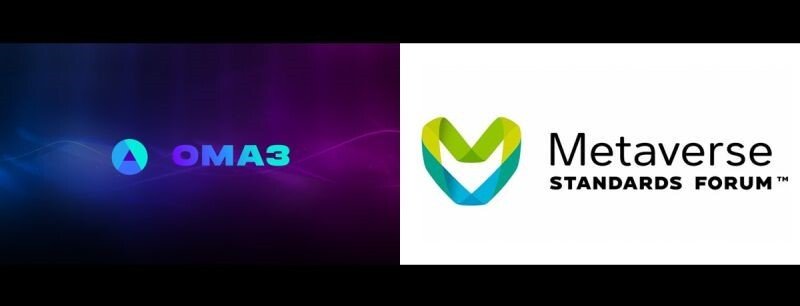K
Kathleen Martin
Guest
What is a standard and why should you care? From everything I've been reading lately, there seems to be some misconception about the purpose of a standard. Most importantly, a standard does not mean "only" nor does a standard create a "walled garden." There can be multiple standards that serve the same purpose and all can be supported by the same entities. I'll get to some examples of that in moment. Paraphrasing SMPTE, a standard provides structure, organization, interoperability, and enables repeatable workflows. Note that nothing above says there must be only one. All it means is that by publishing a standard, any entity can generate, interpret, and reproduce the subject of the standard created by any other entity. Generally, one standard wins out in the end, sometimes quickly and sometimes over time. The survivor may even adopt some of the features of the other, becoming better for the competition. Perhaps the most famous example in consumer electronics was VHS vs. Betamax. Betamax had superior picture, but Sony didn't want to share. VHS was licensed far and wide and quickly captured the market. I didn't hurt that VHS could handle a 2 hour movie and Beta was limited to one. What many people don't know is that the Betamax standard was widely adopted by the professional video community and for decades was the standard for video masters, first in analog and later digital formats. Another example is MPEG (.mp2, .mp4) vs. WMV. Both are published standards for video files and any video player can play them back by implementing the standard. Some players chose to implement one, some the other, and some both. In the end, MPEG was far more widely adopted, but that did not change the fact that for quite some time there were two competing standards which did not cause chaos.
Continue reading: https://www.linkedin.com/feed/update/urn:li:activity:6963120390437052417/
Continue reading: https://www.linkedin.com/feed/update/urn:li:activity:6963120390437052417/

